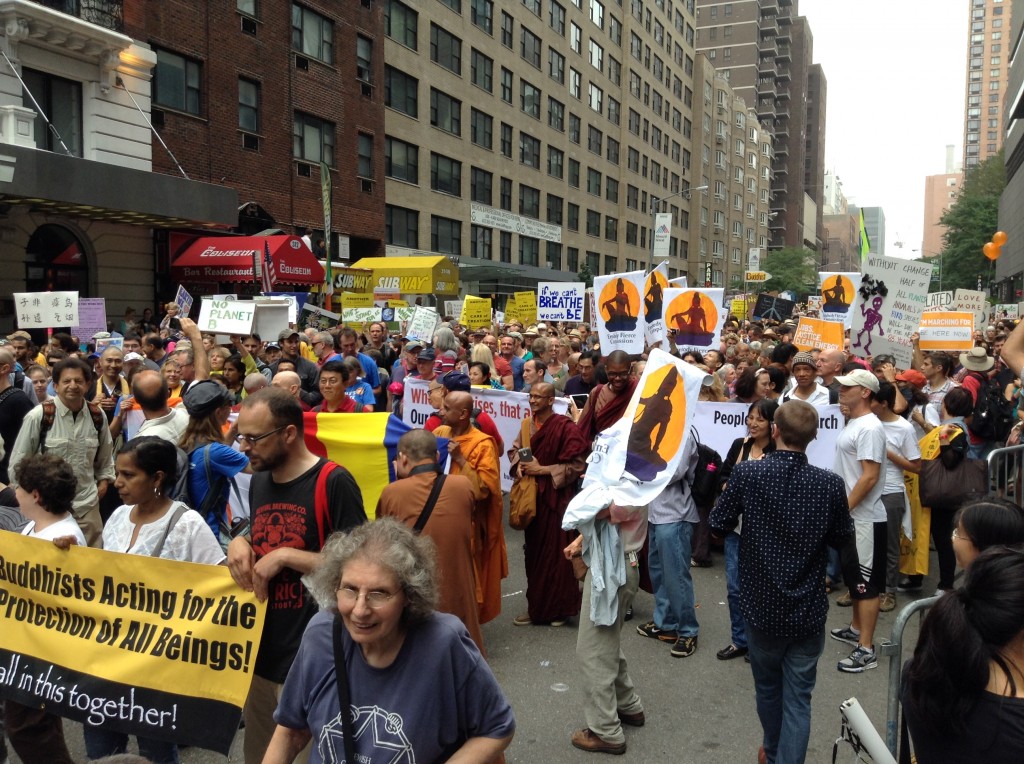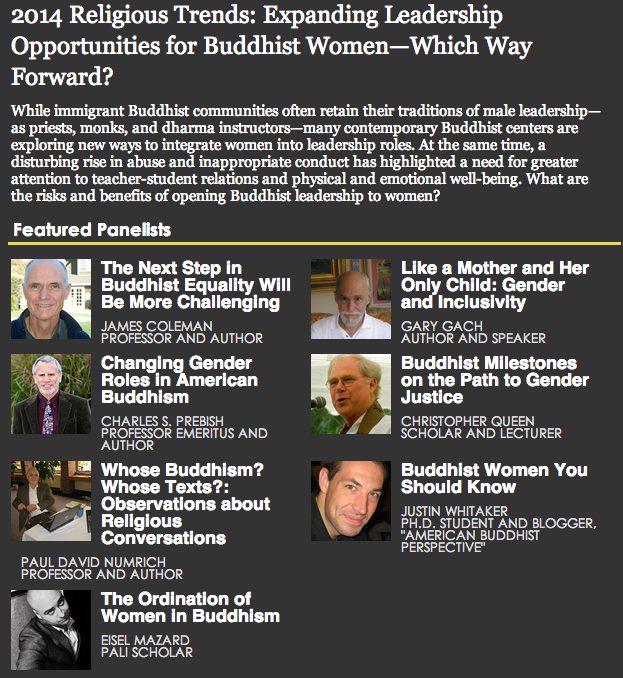
As everyone should know by now, the U.S. government officially shut down earlier this week. House Republicans are refusing to submit a spending bill that does not include provisions to delay and/or cripple the Patient Protection and Affordable Care Act (H.R. 3590). Since the passage into law of what they derisively call “Obamacare,” the GOP has been collectively engaged in the throes of an increasingly overbearing and consistently unsuccessful tantrum; they have tried and failed to repeal it a whopping 41 times, despite not only the law’s establishment, but also a Supreme Court ruling on its constitutionality and the public’s tacit endorsement in the President’s reelection. With nothing left to do within the confines of democracy, except “take hostages” (in the words of Sen. Elizabeth Warren), the House Republicans have now caused the shutdown.
A shutdown has various awful consequences for the country, not the least of which is the furlough of thousands of government employees. In addition, at an economically fragile moment for the country, it is costing us about $300 million a day. Though there are quite a few insults to add to the shutdown’s many injuries as well, here’s one especially egregious example: it prevents children with cancer from participating in potentially helpful clinical trials.
Watching this situation unfold has caused me to reflect on a few teachings from Buddhist leaders, and it seems a worthwhile thing to share them here, along with some reflections…
1. “Greed, hatred, and delusion generate suffering not merely as factors in individual minds but also in their systemic and institutional embodiments.” – Ven. Bhikkhu Bodhi
Ajahn Chah once said that “Dhamma is that which can cut through the problems and difficulties of mankind, gradually reducing them to nothing…that’s what should be studied throughout our daily lives so that when some mental impression arises in us, we’ll be able to deal with it and go beyond it.” This is a pithy articulation of an essential Buddhist message, but we must also recognize that there is suffering that comes from structural and institutional violence. One may have a mental impression about being homeless or hungry, but they will need more than just practice, right? They will need a roof over their head, or food in their belly. Addressing suffering must include looking at such truths, and also the root causes of these social realities.
Ven. Bhikkhu Bodhi said the above quote in a wonderful interview with my friend Joshua Eaton for Religion Dispatches, and elaborated by saying:
Classical Buddhism regards these “defilements” as embedded in individual minds and thus primarily deals with the problem of personal suffering: the suffering that arises when one acts in their grip. But in the modern world, social systems and institutions molded by greed, hatred, and delusion have become so pervasive in their reach that they deeply impact the destinies of whole populations, both nationally and globally. For this reason, a solution to the problem of suffering requires that its roots be extricated at multiple levels, including those collective levels touched only distantly by classical Buddhism. This would entail developing a keen diagnosis of how these defilements produce collective suffering, and how we can adopt alternative ways of living that would mitigate their harmful impact.
Indeed, it is imperative that contemporary Buddhist leaders fully grapple with not only the individual, but also the systemic roots of so much suffering in our world, including those in the realms of U.S. healthcare and politics. And out of that grappling should come some new kind of vision and action. At any rate…
2. “When faced with [any] kind of injustice, it is totally wrong for a religious person to remain indifferent.” – His Holiness the Dalai Lama
There’s a story in the Vinaya about a monk suffering alone from dysentery — none of his fellow monastics are helping him. The Buddha comes to him and begins to take care of him and clean him with Ananda’s help. As the other monks look on, the Buddha admonishes them, saying, “You would all want to take care of me if I were in such a state. Whoever would take care of me should take care of anyone who is sick.”
My friend, the great Buddhist scholar and UWest’s former president Lewis Lancaster, says that the one thing all Buddhist traditions have in common is an emphasis on compassion. He says:
Buddhists, when they talk about compassion, say that if you are enlightened, you will have a deeper response to suffering. If insights do not lead to compassion, then it is not what the Buddha experienced at his enlightenment.
The Patient Protection and Affordable Care Act may or may not be the best solution to our national health care problems — in fact, it’s probably somewhere in the middle, improving some things while not even addressing other problems — but at least it is an attempt to relieve a good deal of suffering. Among other things, it will:
- prevent people with preexisting medical conditions from being denied coverage;
- prevent insurers from charging women more than men for the same coverage;
- allow people under the age of 26 to be covered by their parents’ plans;
- require all plans to include free preventative care; and
- cover 25 million currently-uninsured persons by 2020.
Until two weeks ago, when they unveiled a half-baked plan only after being called out by the President for not offering any alternatives in the three years since the passage of the Patient Protection and Affordable Care Act into law, the House Republicans had nothing to propose — they were simply naysaying, for reasons of partisanship and “capitulation to the medical device industry and its lobbyists” (in the words of the New York Times‘ editorial board).
We should absolutely aspire to much better — universal coverage, a single-payer option, and so on — but doing nothing while people are suffering, or worse, undermining efforts to help as many as currently possible for no good reason and without just cause, is unacceptable. We should make that clear in both word and deed.
As we move forward, however, we must remember that…
3. “In all our relationships as Buddhists we seek to cultivate a spirit of openness, cooperation, goodwill and equality.” – Ken Jones
As comforting as it is to see that some in the mainstream media have recognized that the blame should be placed squarely on the shoulders of the House Republicans here, I’m not sure how helpful headlines like this one from the New York Daily News really are. We also need to aspire to change hearts and minds, and not demonize others (as frustrating as they can be) because of where they are now. Everyone has Buddhanature, hard as it may sometimes be to see, and that should not be forgotten as we work to relieve suffering.
That said…
4. “Idiot compassion stems from not having enough courage to say no.” – Chögyam Trungpa Rinpoche
Let’s be very clear: it is not compassionate to tolerate outright stupidity and/or abuse. And it’s certainly neither compassionate nor intelligent to promote a false equivalency when it comes to the positions on each side of this situation, as so many others in the mainstream media have done. (Jason Jones spoofed this notion brilliantly in his most recent Daily Show segment, especially at 1:30.)
Trungpa Rinpoche elaborates:
In order that your compassion doesn’t become idiot compassion, you have to use your intelligence. Otherwise, there could be self-indulgence of thinking that you are creating a compassionate situation when in fact you are feeding the other person’s aggression. If you go to a shop and the shopkeeper cheats you and you go back and let him cheat you again, that doesn’t seem to be a very healthy thing to do for others.
It is definitely not true that there are two equal sides to every issue, and that’s clearly the case here. And, as Jimmy Kimmel showed us this week, reflecting others’ wrongness back to them can actually be a productive and even compassionate act.
Lastly…
5. “One has no right to hope without endeavor, so…work to try and bring about the situation that is necessary.” – Daw Aung San Suu Kyi
Make sure you do things. Anything you can. We can’t just pray and meditate. We can’t just complain and share/repost Daily Show segments, or this post, or even an eloquent, fantastic talk about the shutdown by the great Robert Thurman. We each have to do our own individual part to ensure that the right things happen. At the very least, sign petitions or participate in phone campaigns — like this one or this one or this one or this one — or go to demonstrations or write your own blog posts or record your own YouTube videos. Anything you can. You are needed — each and every one of you — to make sure that the situation that is necessary comes to pass.











